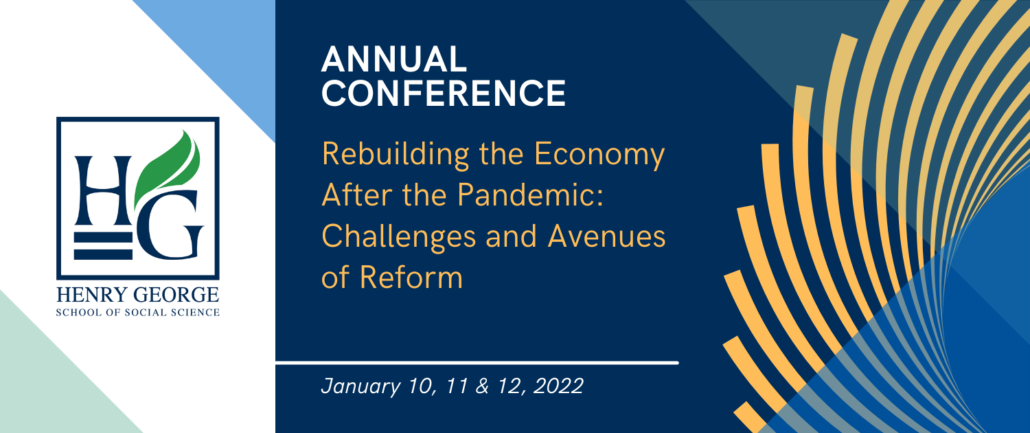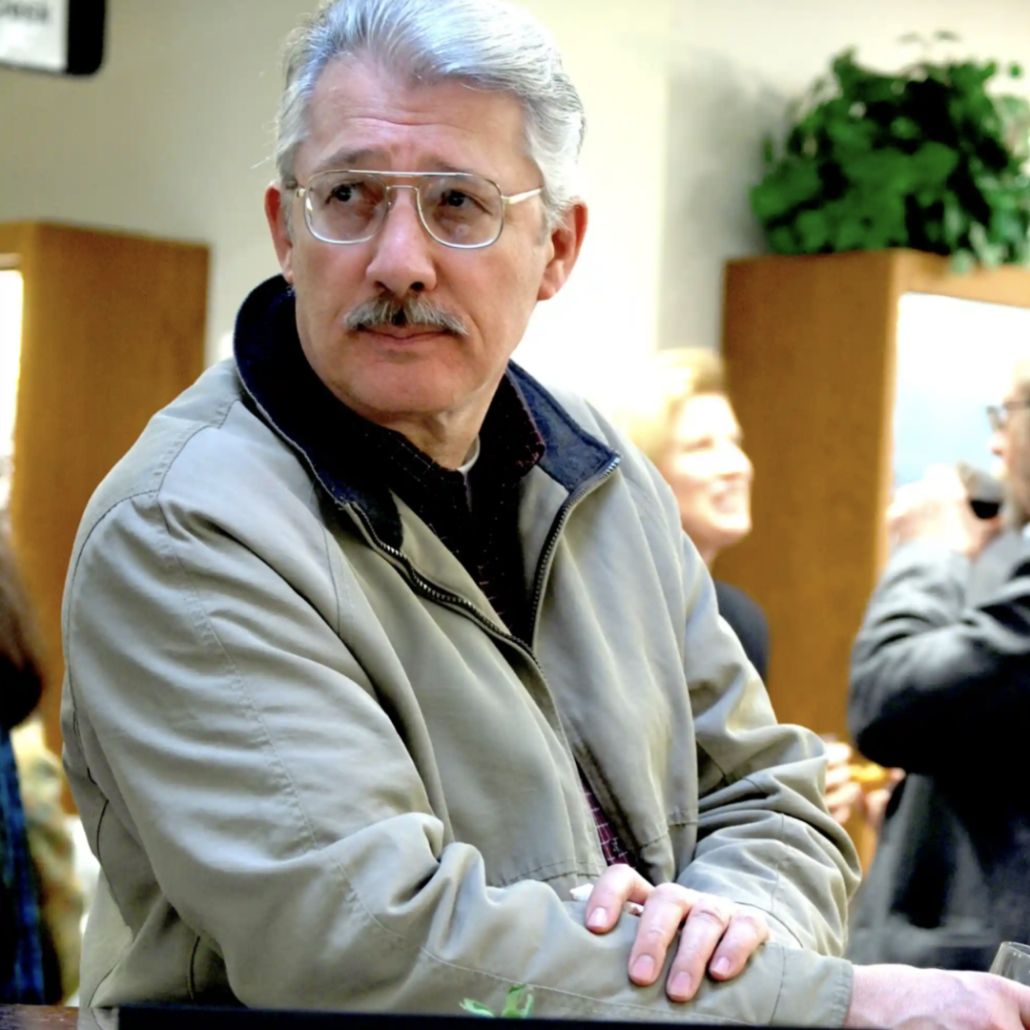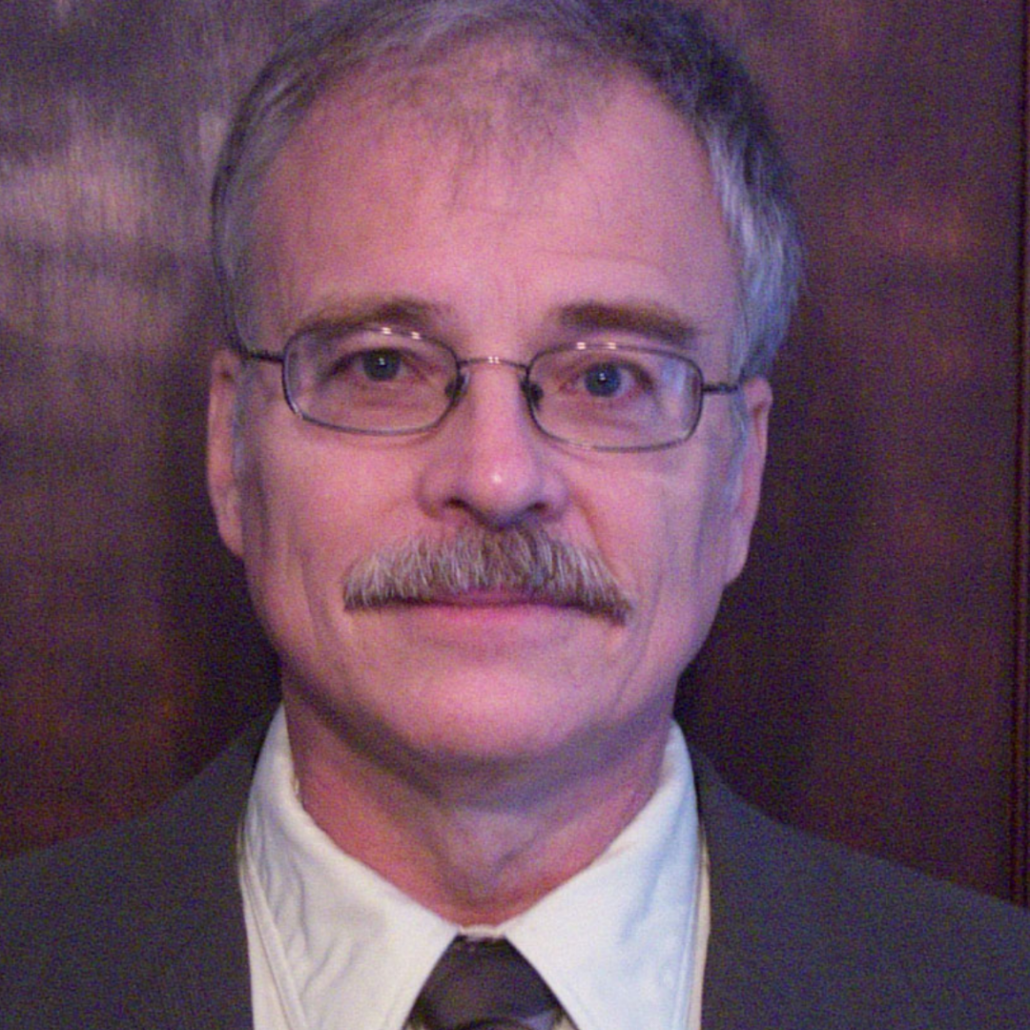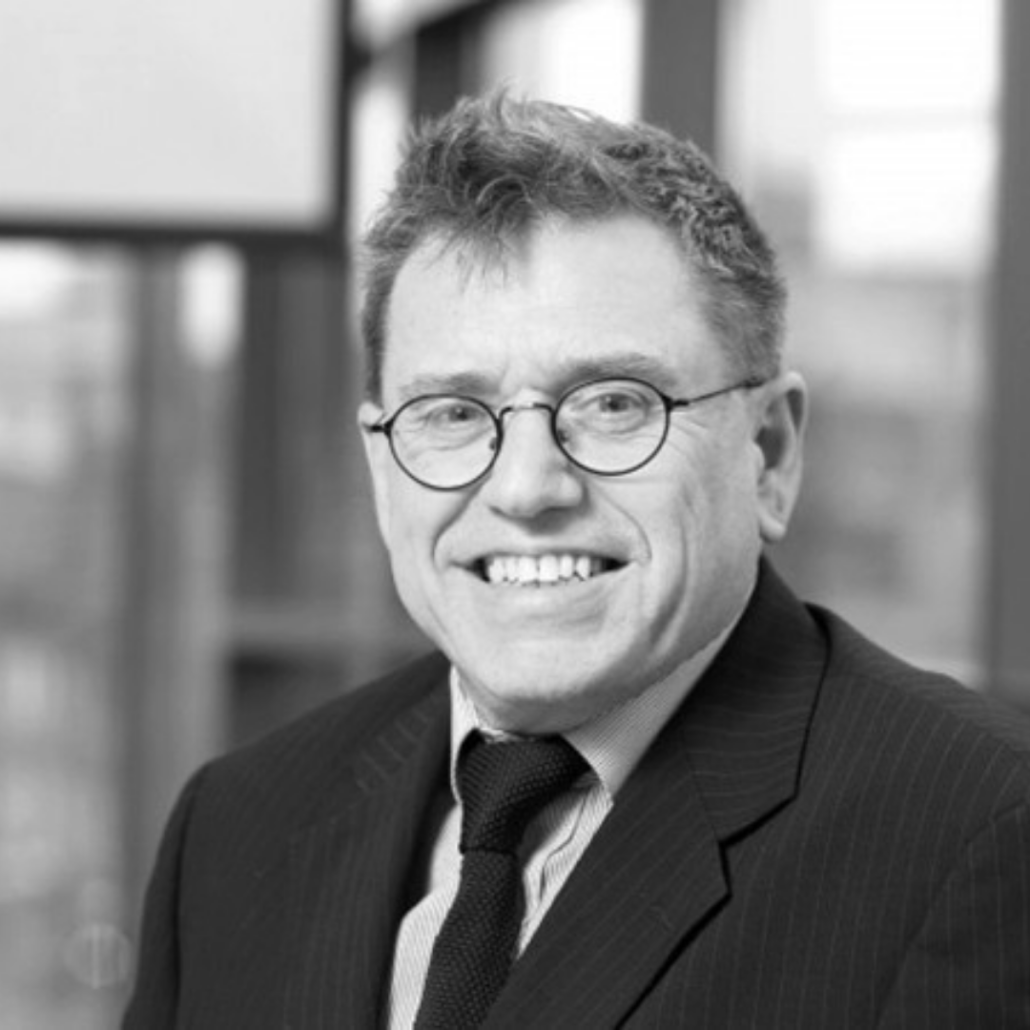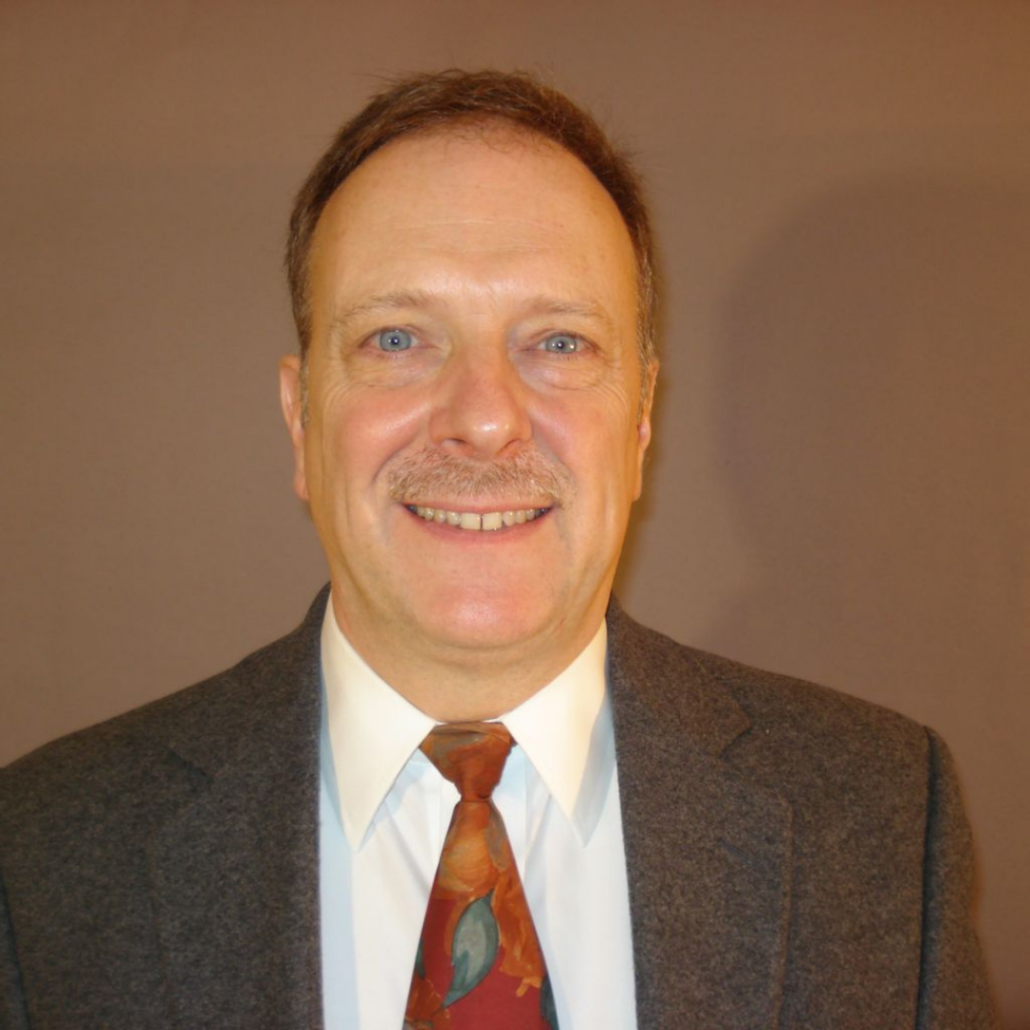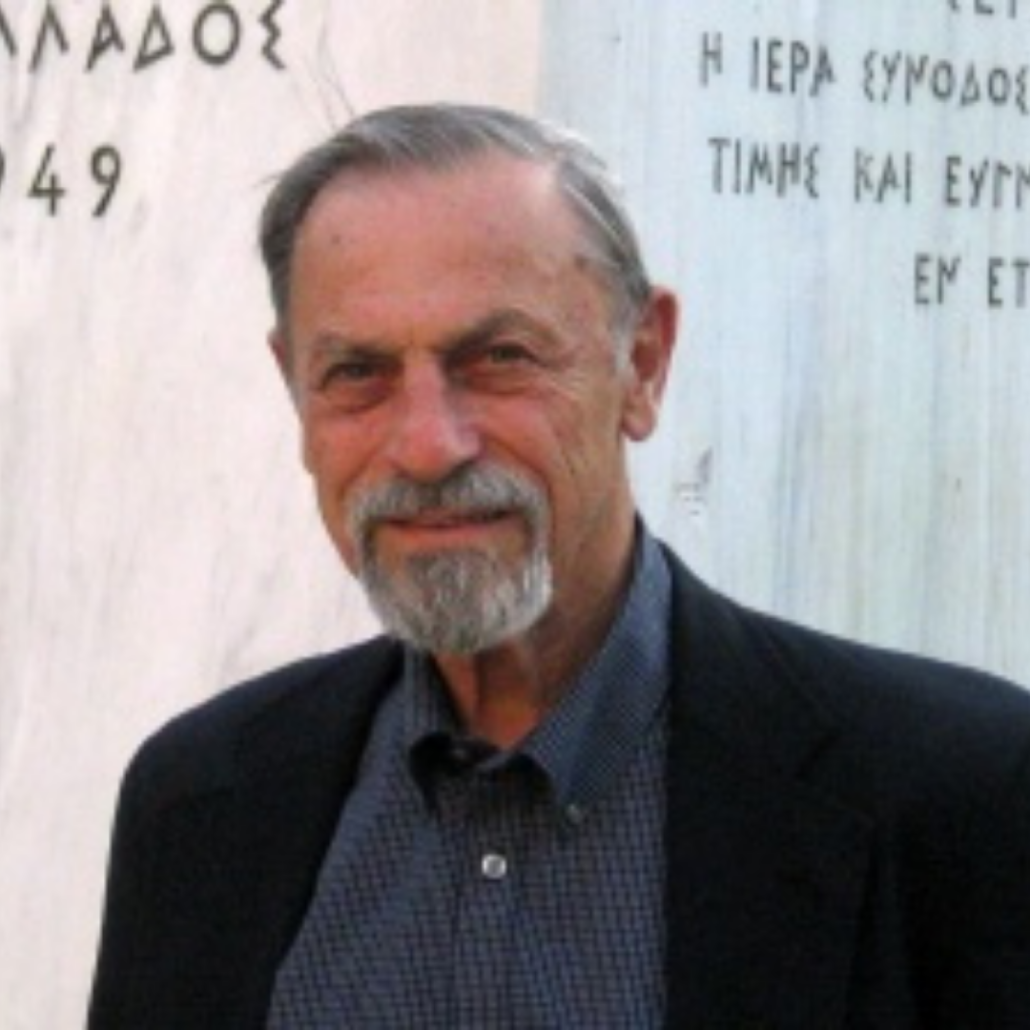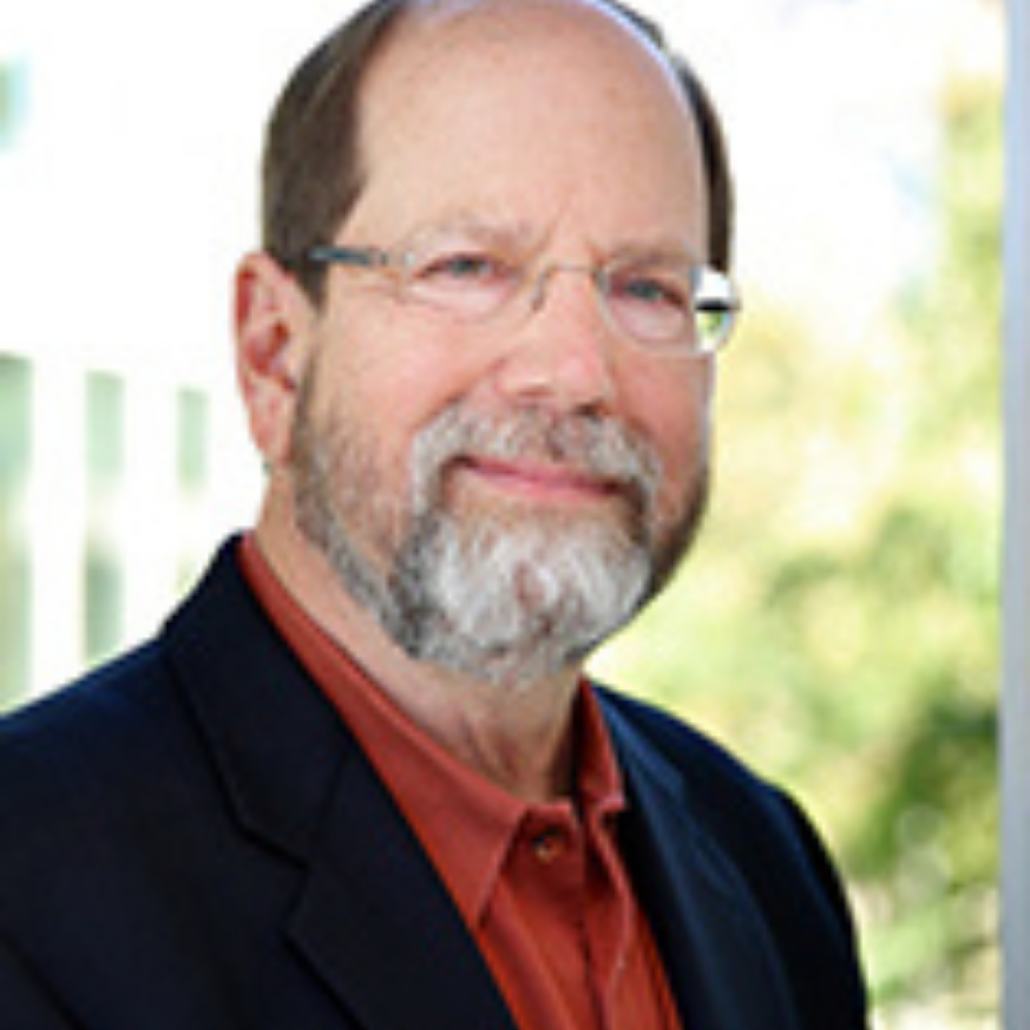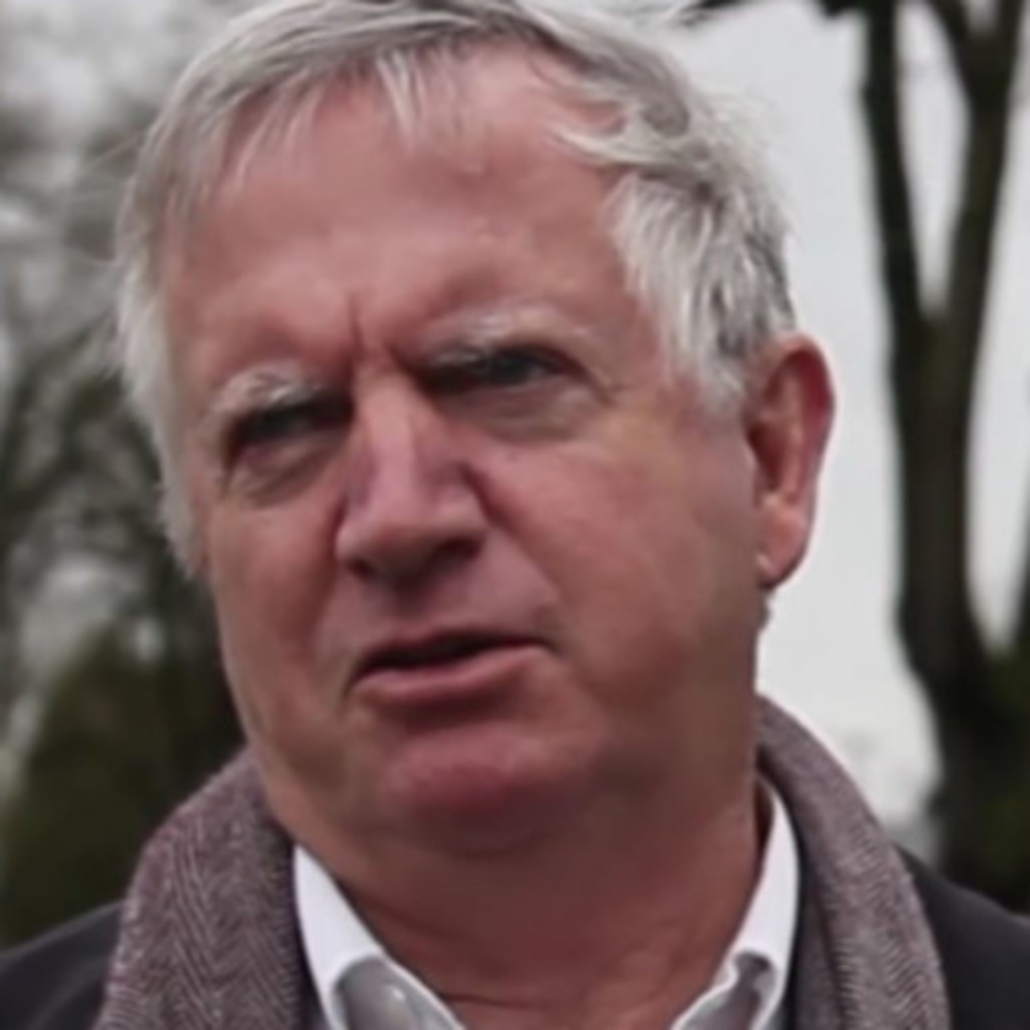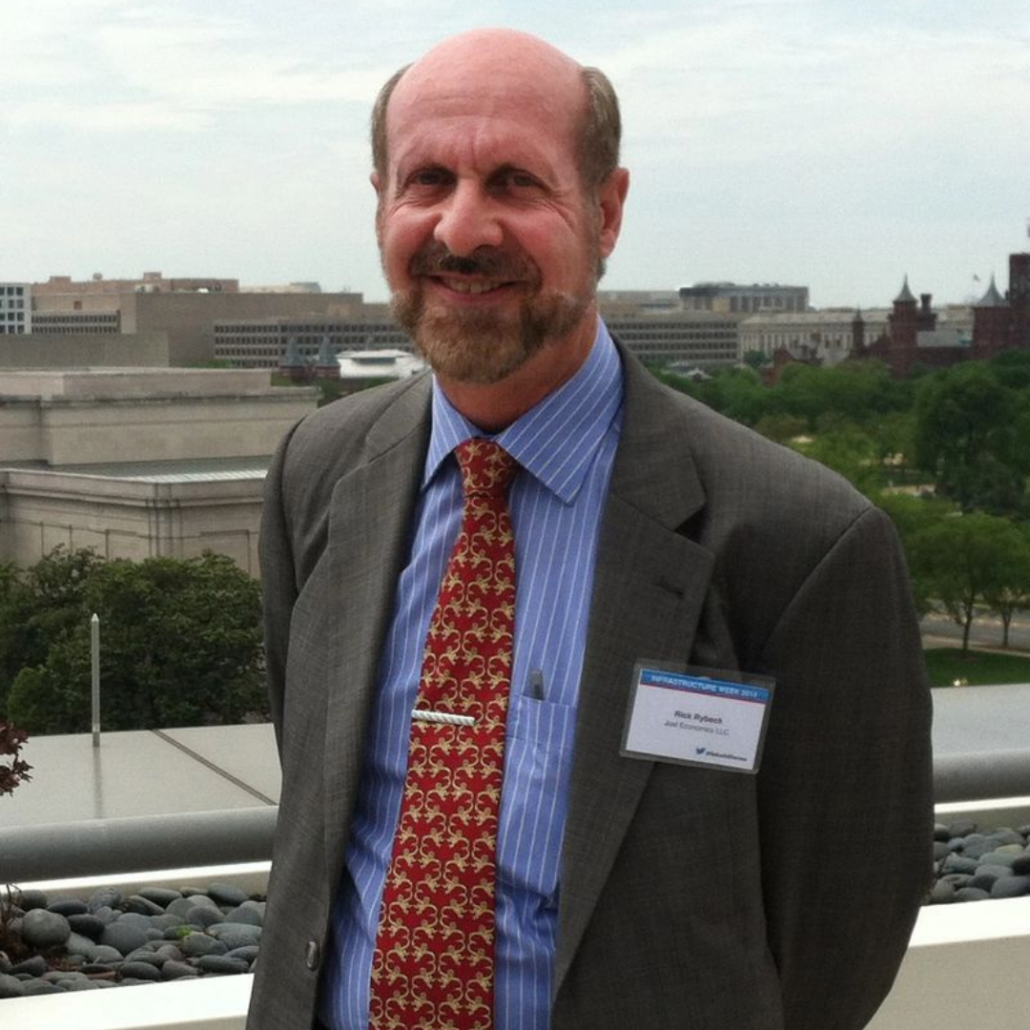| 2:00 PM | Welcome |
|
2:10 PM |
Session 1 — Healthcare Reform |
| “America’s Healthcare System – Lessons from the Pandemic”
Jack Rasmus will identify structural flaws in the US healthcare system as revealed during the pandemic and discuss avenues. |
| 3:20 PM | Session 2 — Fiscal Policy Reform |
| “Tax Policy in the Light of the Pandemic – What needs to Change”
Dan Sullivan will examine how our tax systems responded in the light of the pandemic and draw lessons as to how we should raise public revenue for prosperity, sustainability and fiscal resilience. |
| 2:00 PM | Session 1 — Green Economy |
| “The Circular Economy: Challenges and Implications”
Michael Morris will introduce the circular economy, highlight its role in the fight against climate change and discuss policy tools for making it a reality.
“Greening the Economy – Is Carbon Pricing our Best Bet?” Robert Werner will discuss the array of policy options to achieve the transition toward the green economy. He will present his case for carbon pricing. |
| 3:30 PM
|
Session 2 — Monetary and Banking Reform |
| “Envisioning a World Without Money, Interest, and Debt”
Thomas Greco will offer an evaluation of our existing money system and discuss alternatives for justice, equity and sustainability. “State Banks” Robert Chirinko will discuss the usefulness of state banks as tools of economic development. |
| 2:00 PM | Housing and Infrastructure |
| “Rethinking Housing in the Light of Covid 19”
Patrick Condon will provide a critical assessment of our housing policies, discuss alternative policy options tested around the world and make the case for a land tax. |
| 3:30 PM | “Funding Infrastructure for Prosperity, Sustainability and Equity”
Rick Rybeck will discuss Land Value Return and Recycling, an equitable and innovative funding strategy for making our cities resilient and prosperous. |
| 4:30 PM
|
Concluding Remarks, Questions and Observations
|
SPEAKERS
Dr. Jack Rasmus is a Professor of Economics at Saint Mary’s College in California. He is the author of several books on the US and global economy, including Systemic Fragility in the Global Economy, 2015; Epic Recession: Prelude to Global Depression, 2010, and Obama’s Economy, 2012. His latest book, The Scourge of Neoliberal Economics from Reagan to Trump describes the origins and evolution of Neoliberalism in America. He hosts the weekly New York radio show, Alternative Visions, on the Progressive Radio network. Dr. Rasmus also served as economic advisor to the Green Party’s presidential candidate, Jill Stein. He writes bi-weekly for Latin America’s teleSUR TV, for Z magazine, Znet, and other print & electronic publications.
Mr. Sullivan, is a Georgist scholar, former President of the Council of Georgist Organizations (CGO), and Director of Saving Communities, a Pennsylvania based association that promotes fiscal integrity and economic justice.
Prof. Morris is a graduate of Liverpool University in 1982 (BSc and PhD). He was a post-doctoral fellow at Imperial College in London before moving to Strathclyde University as a lecturer. He then took an ICI endowed lectureship at Cardiff University for research into surface science and catalysis, which was followed by a move to ICI as a research scientist. He was appointed to a post in Materials Chemistry at UCC in 1993 and while there held the Chair of Inorganic Chemistry and was Head of the Department of Chemistry at the university. In 2015, he was appointed Academic Director of AMBER and Professor of Surface and Interface Engineering at the School of Chemistry, Trinity College Dublin.
Mr. Werner joined Citizens’ Climate Lobby in 2016. He’s been a New York State Co-coordinator and NYC Chapter co-leader for 3 years.
Mr. Greco is a preeminent scholar, author, educator, and community economist, who, for more than 35 years, has been working at the leading edge of transformational restructuring. He is widely regarded as a leading authority on moneyless exchange systems, community currencies, financial innovation, and community economic development, and is a sought after speaker internationally. He has traveled widely in Europe, Asia, Oceania, and the Americas, lecturing, teaching, and advising. He has been a speaker at numerous conferences and has led many workshops and colloquies in 16 countries.
Dr. Chirinko’s research examines business behavior with a focus on capital formation, banking, financial markets, corporate governance and finance, macroeconomics, and tax policy. He has held faculty positions at Cornell University, the University of Chicago, and Emory University, where he was the Winship Distinguished Research Professor in the Social Sciences. He is currently a professor in the Finance Department at the University of Illinois at Chicago, a research fellow at the Center for Economic Studies (Munich), and an affiliate and member of the Faculty Advisory Panel for the Government Finance Research Center (UIC). He has had extended visits to the research departments of several central banks, including appointment as a Houblon-Norman/ George Senior Fellow at the Bank of England.
Mr. Condon has over 25 years of experience in sustainable urban design: first as a professional city planner and then as a teacher and researcher. Patrick started his academic career in 1985 at the University of Minnesota before moving to the University of British Columbia in 1992. After acting as the director of the landscape architecture program, he became the James Taylor Chair in Landscape and Liveable Environments. In that capacity he has worked to advance sustainable urban design in scores of jurisdictions in the US, Canada, and Australia. Patrick has also led the Sustainability by Design project by the Design Centre for Sustainability. For over 20 years, the Design Centre and James Taylor Chair worked on a variety of projects and books to contribute to healthier and more sustainable urban landscapes.
As an attorney with a master’s degree in real estate and urban development, Rick Rybeck’s success in devising and implementing new policy directions lies in his ability to listen and understand stakeholder concerns. Assured that their views and concerns are valued, stakeholders can relinquish their grip on the status quo and collaborate on problem-solving. He uses humor and stories to illustrate economic ideas. This helps people think about old problems in new ways.

